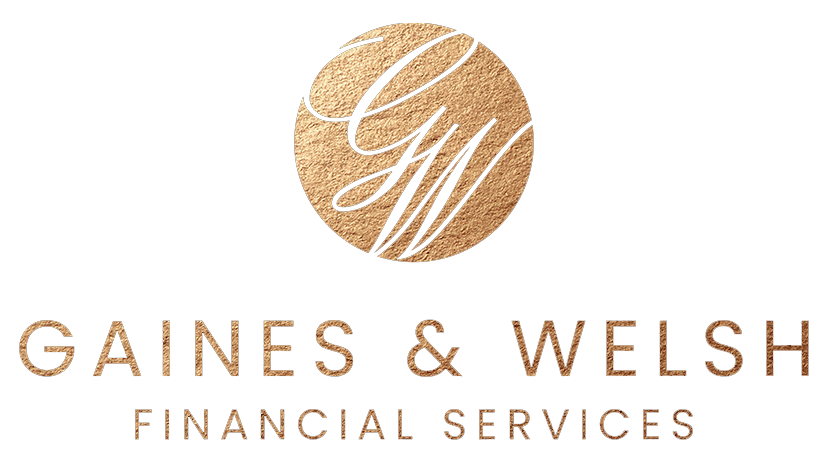If You're Late Filing Taxes, These Penalties and Interest Rates May Follow
Each year about 14 million Americans owe over $131 billion in back taxes, penalties, and interest. How does this happen for so many people? They simply don't file on time and/or they do not accurately report their total income.
If you're late filing taxes, then you should expect to pay penalties. Don't let yourself get caught unprepared; this guide will help you understand when and why the IRS charges penalties.
COVID 19 Caveat
We refer to the tax filing deadline as the standard April 15th in this article. This year, due to the events of COVID-19, the IRS has extended this deadline date to July 15th, 2020.
When Does the IRS Charge Penalties?
There are four times when the IRS will charge you a penalty fee.
You don't file your taxes by April 15th.
You fail to pay the full amount of tax due.
You were required to pay estimated taxes and failed to do so.
You paid by check and your bank dishonored the check.
Can I Avoid These Penalties?
Yes! The easiest way to avoid all of these situations is to pay your taxes in full and on time. However, this isn't always possible.
If you know that you're not going to be able to file by the deadline, you can avoid a late filing penalty by requesting an extension. Keep in mind that this only works for the penalty for not filing taxes; it doesn't apply to the payment.
This means you'll still need to pay your tax debt to avoid the late payment penalty.
What Are the Penalties?
If you fail to file your taxes on time, the IRS will charge you 5% of your unpaid tax bill. This fee will get assessed every month for up to five months. If you file over 60 days after April 15th, it's either $210 or 100% of what you owe, whichever is the lesser amount.
If you fail to pay on time, then the IRS will charge .5% of your paid taxes each month until you pay, or the total penalty is 25% of the taxes that you owe. If you filed on time but didn't pay, then the .5% reduces to .25%.
If you fail to pay estimated taxes, the penalty could get confusing. Each part of your penalty is calculated based on the value of each of the four estimated payments you were required to make.
Finally, if you write the IRS a bad check, the penalty will depend on the value of the check. Anything less than $1,250 is a penalty of the amount of the payment or $25, whichever is less. If your check is over $1,250, then the penalty is 2%.
Does the IRS Charge Interest?
The IRS won't automatically charge you interest. However, if you can't pay your full debt upfront, then you'll need to make arrangements for an installment agreement. Once on this payment plan, your monthly payments will include interest charges. Expect the interest rate to change every three months.
Don't be Late Filing Taxes
Now that you understand what happens if you file taxes late, you can take appropriate action to avoid this situation. Late filing means you'll give more money than necessary to the government, so work with a qualified and knowledgeable team to ensure this doesn't happen.
Our team at Gaines and Welsh provides tax and accounting services to both businesses and individuals. We look out for your best interests and needs to ensure you avoid additional tax liabilities and expenses.
Request an appointment today and let our knowledgeable team help you manage your tax preparation and planning.
